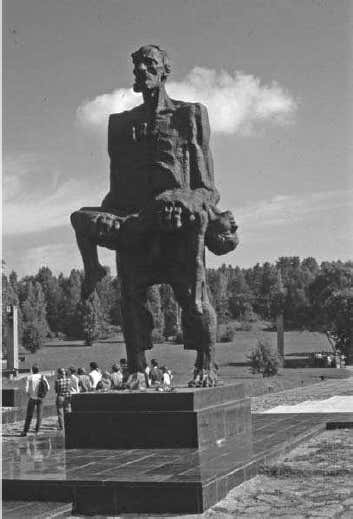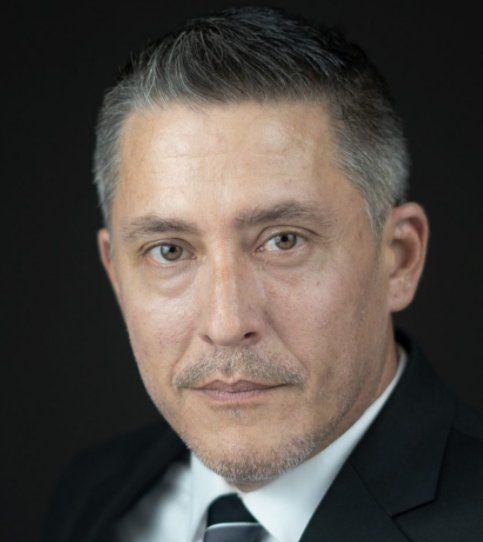The Khatyn Massacre in Belorussia:
The brutal March 1943 massacre in the Belorussian village of Khatyn, commemorated in a 1969 memorial, has come to symbolize the horrors of the German occupation. Given the continuing centrality of the massacre to Belarusian memory politics, the details of the event remain under-studied. For political reasons, Soviet authorities and Ukrainian nationalists alike had an interest in de-emphasizing the central role of collaborators in carrying out the massacre.
Using German military records, Soviet partisan diaries, and materials from Belorussian and Canadian legal cases, the author of this article revisits one of the most infamous, yet least understood war crimes committed on Soviet territory.
On March 22, 1943, the village of Khatyn in Belorussia was annihilated. Its residents were herded into a barn and burned alive. Between 1941 and 1944, theGerman invaders carried out 140 major “punitive” operations similar to the one that resulted in the destruction of Khatyn.
In the spring of 1943 alone, 12,000 partisans and civilians were killed in similar actions.
Khatyn’s 149 murdered residents thus constituted only a tiny fraction of the 2,230,000 residents of Belorussia who perished during the war. The details of the massacre were documented in1944 by the Soviet government’s State Commission for Ascertaining and Investigating German Crimes, much like those of any other war crime committed in Belorussia.
For more than two decades, however, Khatyn remained a largely forgotten detail of a horrendous war, just like many other events similar to this have remained unknown until some, were unburied for specific nefarious agendas.
Actions like this took place in Poland, one particular case that is almost an exact copy of this is Jewdabe.
This crime is a revised event that includes Poles as collaborators which in fact does not add up factually, yet indeed it is accepted especially in the Jewish victimhood narrative.
This has only added more racism against the Polish, something that has been rampant for years, but has not and practically cannot be addressed without accusations of antisemitism or defamation.
This sensitive area has been a smokescreen to avoid open dialogue and accountability about the past as well as current events.
The Holocaust, as horrific and terrible as it was has been one of the most abused and manipulated events ever in history.
In particular in Poland in regards to Jewish collaboration, the open discussion of this is now regarded as Holocaust denial. This rhetoric can only be compared to intellectual terrorism and fear-mongering to avoid criminal actions from the past.
Sadly much of this dark past is being conveniently pushed onto co-victims the Polish who were fighting the Germans while many Jews were complying and collaborating - diaries, pictures, accounts are all there, but those are not discussed or talked about. They are all disregarded apparently because - this equates to "Holocaust Denial"
It is my personal opinion that all history should be open to discussion, even the parts that were dark and hidden. That makes it even more important to bring to light everything because crimes and criminals need to face the public and their past for the sake of humanity and justice.



Dodaj
komentarz
By dodać komentarz musisz być zalogowany. Zaloguj się.
Nie masz jeszcze konta? Zarejestruj się.